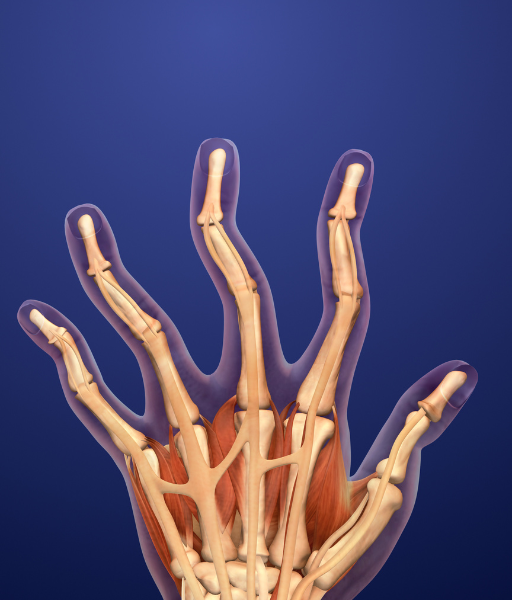How is the Heart Develops and Manage?
Atherosclerosis
Heart disease often begins with atherosclerosis, a condition where fatty deposits (plaques) build up in the arteries. This can reduce blood flow to the heart and other parts of the body.
High Blood Pressure
Chronic high blood pressure can damage arteries and accelerate plaque buildup. It forces the heart to work harder, leading to heart disease.
Lifestyle Factors
Unhealthy lifestyle choices, such as a poor diet, lack of exercise, smoking, and excessive alcohol consumption, contribute significantly to the development of heart disease. These factors increase the risk of hypertension, high cholesterol, and obesity.
Diabetes
Diabetes increases the risk of heart disease. High blood sugar levels can damage blood vessels and the nerves that control the heart.
Genetic Factors
A family history of heart disease increases the risk. Genetic factors can predispose individuals to conditions like high blood pressure, high cholesterol, and diabetes.
Age and Gender
As people age, the risk of developing heart disease increases. Men are at higher risk at a younger age, while women’s risk rises after menopause.
Management of Heart Disease
Medications
Medications are crucial in managing heart disease. Commonly prescribed drugs include:
- Statins: Lower cholesterol levels.
- Beta-blockers: Reduce heart rate and blood pressure.
- ACE Inhibitors: Lower blood pressure and protect the heart.
- Anticoagulants: Prevent blood clots.
- Diuretics: Reduce fluid buildup and decrease blood pressure.
Lifestyle Changes
Adopting a heart-healthy lifestyle is vital for managing heart disease:
- Healthy Diet: A diet rich in fruits, vegetables, whole grains, lean proteins, and healthy fats helps maintain heart health. Limiting salt, sugar, and unhealthy fats is essential.
- Regular Exercise: Engaging in at least 150 minutes of moderate-intensity exercise per week strengthens the heart and improves circulation.
- Quit Smoking: Smoking cessation is crucial. Smoking damages blood vessels and increases the risk of heart disease.
- Limit Alcohol: Moderation in alcohol consumption is important. Excessive drinking can raise blood pressure and contribute to heart disease.
Regular Monitoring
Routine check-ups are essential for monitoring heart health. Regular blood tests, blood pressure checks, and other diagnostic tests help track the effectiveness of treatment and detect any new issues early.
Medical Procedures
In severe cases, medical procedures may be necessary:
- Angioplasty and Stent Placement: These procedures open up blocked or narrowed arteries.
- Coronary Artery Bypass Grafting (CABG): This surgery improves blood flow to the heart by bypassing blocked arteries.
- Heart Valve Repair or Replacement: These procedures fix or replace damaged heart valves.
- Implantable Cardioverter Defibrillator (ICD): An ICD is implanted to prevent sudden cardiac arrest in patients with life-threatening arrhythmias.
- Heart Transplant: For end-stage heart failure, a heart transplant may be the only viable option.
Stress Management
Managing stress through techniques like yoga, meditation, and deep-breathing exercises can improve heart health. Chronic stress contributes to heart disease, so finding effective ways to reduce stress is crucial.




